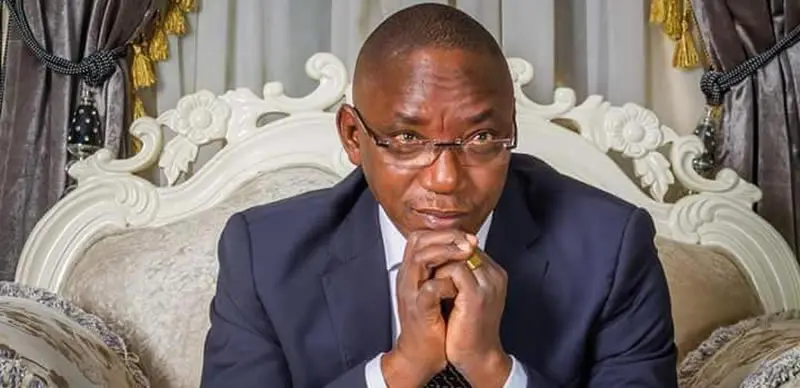Former Nigerian minister Solomon Dalung has alleged a coordinated effort to infiltrate gatherings of the ruling All Progressives Congress (APC) as a form of protest against what he describes as the government’s failure to prioritize national development. In a televised interview, Dalung—who served as Minister of Youth and Sports under late President Muhammadu Buhari—claimed activists are urging citizens to join APC rallies to create a facade of popular support, thereby misleading President Bola Tinubu about public sentiment.
“The crowds at these events could convince the president to relax abroad rather than address pressing issues,” Dalung stated during an appearance on Trust TV, referencing Tinubu’s recent trips to France. He accused the APC-led administration of misallocating Nigeria’s resources, stressing that infrastructure and social programs remain underfunded despite the country’s oil wealth and economic potential.
The former minister detailed tactics used during recent anti-government demonstrations, including the #EndGovernance protests, where organizers allegedly intercepted funds purportedly distributed by officials to sway public opinion. Dalung asserted that when ministers offered payments of ₦20,000 to ordinary citizens—often referred to locally as “yam people”—to secure their loyalty, protest leaders instructed supporters to accept the money and repurpose it. “We used their own resources to fuel our movement,” he said, explaining that the funds were spent on refreshments and logistics for demonstrators.
While Dalung did not provide verifiable evidence of these financial exchanges, his account highlights deepening tensions between Nigeria’s political establishment and grassroots movements demanding accountability. The APC has not publicly responded to his allegations, leaving his claims unchallenged in official circles.
The remarks from the erstwhile Buhari-era official come amid widespread frustration over inflation, unemployment, and inadequate public services in Africa’s largest economy. Analysts note that Dalung’s call to “reclaim what belongs to the people” taps into broader discontent with governance, though the effectiveness of his proposed strategies—such as artificially inflating rally attendance—remains untested. His critique also raises questions about internal dissent within Nigeria’s political class, particularly among figures previously affiliated with the ruling party.
As the Tinubu administration approaches its first anniversary, observers suggest such accusations could intensify scrutiny of its economic policies and spending priorities. With Nigeria’s next electoral cycle looming, the interplay between public disillusionment and political maneuvering is expected to shape the nation’s trajectory in the coming years.
